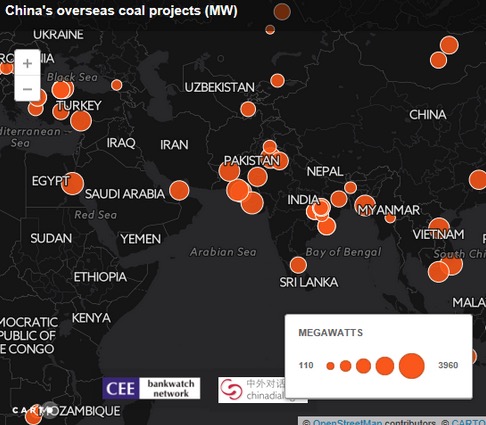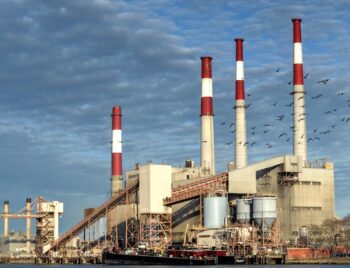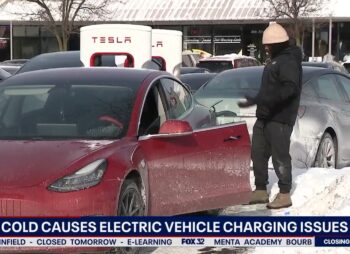
The litigation is massive in scale — nearly every state in the union is involved in some capacity. West Virginia is leading a coalition of 27 states who are challenging the rule, while 18 states have come to the Plan’s defense. Each side is joined by activist and industry groups, electric companies, academics, lawmakers, tech companies, and retired dignitaries who together have filed over 70 amicus, or friend-of-the-court briefs.
The implications at stake are so significant that the U.S. Supreme Court preemptively issued a stay of the CPP in February, one of the last orders Justice Antonin Scalia participated in before his death. Whatever the result, the decision could be blocked pending a petition for Supreme Court review. What’s more, the D.C. Circuit has elected to hear the case en banc, that is, as a whole, as opposed to a hearing by a three-judge panel which is typical of appeals. The court’s decision underscores the magnitude of the case.
Here is what you need to know before oral arguments on Tuesday:
What is the Clean Power Plan?
CPP sets specific carbon-deduction targets for each state based on the amount of carbon dioxide they emit in the course of generating electricity. The EPA gave the states some flexibility in deciding how to achieve emissions. They could elect to have the power grid bare the lion’s share of reduction responsibilities, or triage the effort by capping power plant emissions and encouraging development of renewables and incentivizing other market-based forms of carbon reduction. Ultimate, EPA hopes the Plan will cut carbon emissions by nearly a 30 over the next decade, as compared to 2005 levels. The Plan is essential to the Paris climate accord. The U.S.’s agreement to pursue dramatic reductions strengthen’s the convention’s credibility. Without robust American commitment, the accord’s success elsewhere could wane.
Why the legal challenge?*
The EPA’s assertion of authority is without precedent. This does not mean that the Clean Power Plan is unlawful, but the issues it raises are novel. The arguments marshaled against the Plan are many. In the first place, the challengers argue that Congress never gave the EPA authority to regulate carbon dioxide generated by power plants. Section 111(d) of the Clean Air Act, the section from which EPA claims it has authority to promulgate the CPP, precludes the agency from regulating air pollutants “emitted from a source category,” regulated under Section 112 of the same legislation. Power plants are among the source categories regulated by Section 112. In other words, the challengers claim that Congress has not authorized EPA to regulate carbon emissions from power plants through Section 111 — and in fact, Section 111 specifically forbids the agency from doing so.
That argument has a surprising proponent. Professor Laurence Tribe of Harvard Law School, one of the nation’s leading constitutional law scholars, a committed liberal, and friend of President Obama. He wrote a column for The Wall Street Journal in December, 2014, condemning what he called the EPA’s “brazen” reworking of unambiguous federal law.
There are also Administrative Procedure Act issues at play. When a federal agency announces a new rule or regulation, it must follow a set of protocols specifically prescribed by Congress. The trouble for EPA here is that the APA requires the rule, in its final phase, be essentially the same or a “logical outgrowth” of the rule in its initial phase. The challengers contend that the rule was changed substantially between the initial phase and the final phase, such that the final version of CPP is not a “logical outgrowth” of the initial proposal.
Finally, there is the anti-commandeering doctrine. Anti-commandeering is a federalist principle which forbids the federal government from binding state governments or agencies with coercive duties. The argument here is that the EPA is not leaving state governments with any choices in following the plan. A state plan that fails to satisfy the EPA is likely to trigger federal penalties. Therefore, the Plan is an unlawful commandeering of state agencies for federal ends.
















